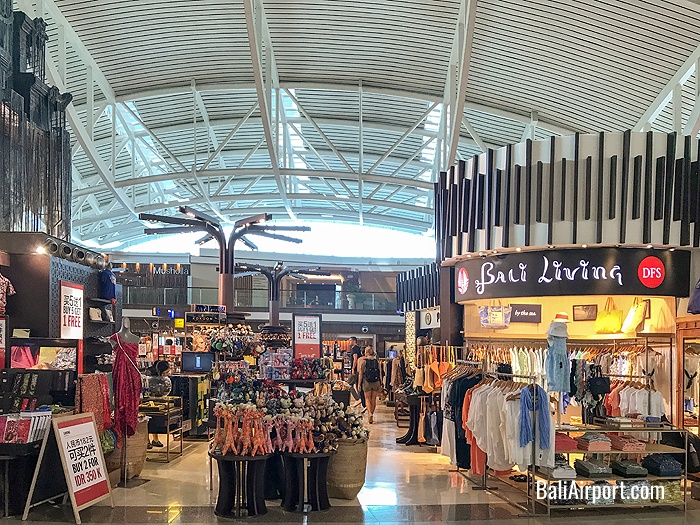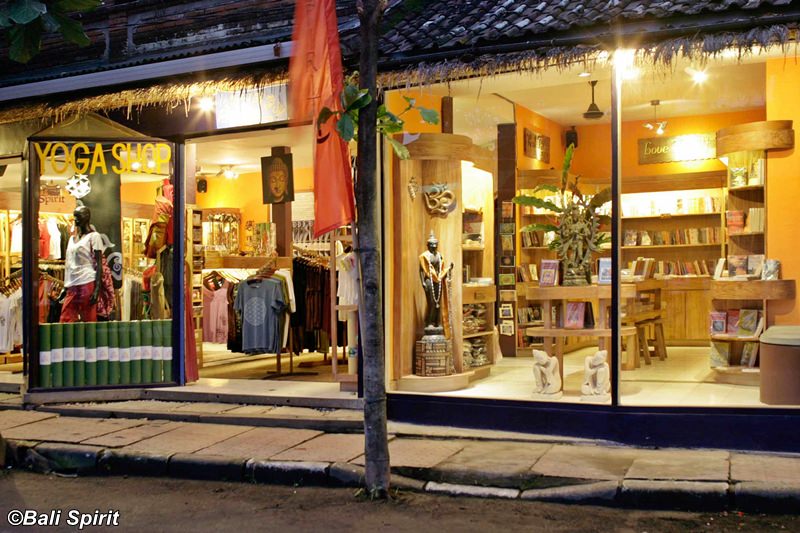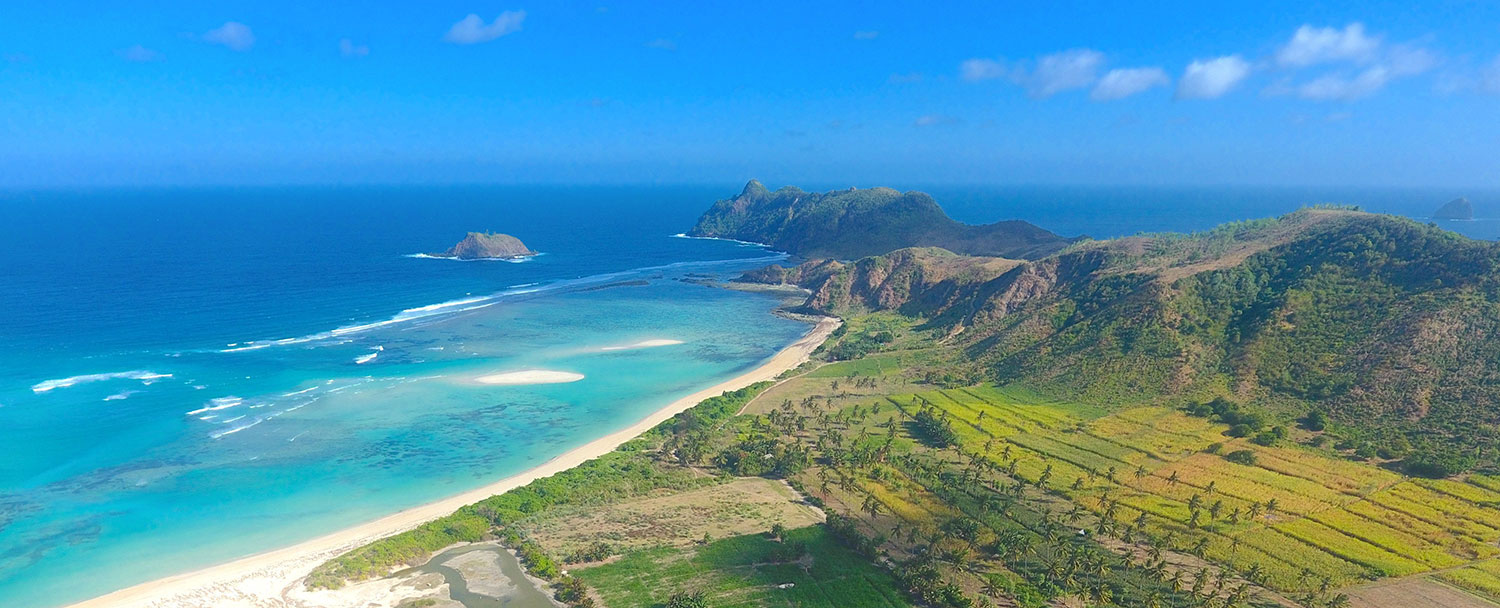PROHIBITION TIMES & CONCOURS D’ELEGANCE AT FOUR SEASONS HOTEL JAKARTA

JAKARTA – September 2019 – This September, Four Seasons Hotel Jakarta has lined up a series of extravagant event that pay homage to the Prohibition Era of the 1920s. The highlight starts from the hotel’s lobby area where it showcases numerous classic cars to welcome guests, and which culminates in the inaugural Concours d’Elegance. This exquisite event really brings the Prohibition-era aesthetic to life, and continues with various unique dining experience at each of food & beverage outlets throughout the month.
“It is exciting to work for such an amazing project” said Yonatan Kachko, General Manager. “I am very excited to see how the team blends these classic influences with our style of Four Seasons Hospitality and Dining”
Four Seasons Hotel Jakarta presents Concours d’Elegance
Experience the impeccable sights of more than thirty vintage and exclusive automobiles. Join the showcase of rare mint condition cars and witness the Concours d‘Elegance and Classic Car Awards. Enjoy Four Seasons‘ food and beverage offerings and make a delightful weekend out of it. Moreover, take advantage of their Concours d’Elegance staycation package, available on the website.
The event is on 21 and 22 September 2019 and tickets priced at IDR 500,000 net per person and available for purchase at the Hotel Concierge. For more information, please call or WhatsApp +62 21 2277 1888, or download the Four Seasons App on iTunes or Google Play Store and use the #FSChat.
Alto Restaurant & Bar
Mario Libreght Aipassa, Chef de Cuisine of the Hotel’s award winning Italian restaurant has curated a 5-course set menu inspired by the legendary Chicago crime boss, Al Capone. Begin the experience with the Red Chicago Tower, a homemade crispy eggplant combined, tomato sauce, mozzarella, ricotta cheese gratin, and mesclun salad; Mama’s White Soup Alcatraz, a warm cream Cannellini soup with Ditalini pasta, Pearl Vegetables, served with Garlic & Truffle crouton; Spaghetti Meat Bullet, a creamy Alfredo pasta, with Wagyu meatballs; Brooklyn Chicken Custody, roasted chicken with sautéed mixed mushroom, served with herb roasted potato, and Marsala Wine sauce; and end with the decadent Flare Bomb in Brooklyn, an American Cheesecake served a-la Baked Alaska with fresh tropical fruit, coconut gelato and a graham cracker crust.
The Al Capone Set Menu is available for lunch and dinner and priced at IDR 920,000++ per person, individual items can also be ordered Ala Carte.

Nautilus Bar
Old world glamour, contemporary style and timeless sophistication, Nautilus Bar is the perfect setting to unwind after work or for a weekend night out. This September, soak in the ambience of the prohibition era, the three Nautilus’ expert mixologists have handcrafted six unique cocktails, inspired from the dark time. Guests are invited to come and explore these unique flavours and the intriguing stories behind them.
Prohibition Cocktails start from IDR 185,000++
La Patisserie
It might be too early for a Thanksgiving treat, but who doesn’t love this American favorite? Executive Chef Lorenzo Sollecito and his team presents the perfect pie, expertly combining the two vastly different ingredients, Pumpkin and Pecan. A soft almond tart base with pumpkin and pecan pudding covered in Italian meringue. Not only is it delicious, but also pleasing to the eye and highly Instagrammable. It also makes an excellent gift for team or family.
Pumpkin Pecan Pie available at La Patisserie for IDR 250,000++ for whole cake
Dolcetto
This September, Dolcetto offers the perfect combination for coffee, Boston‘s Famous Donut. Made from scratch in-house by the hotel‘s bakery team, this is the decadent sin everyone must indulge in. Fun Fact: Boston was founded in September 1630 and so we are celebrating 389 Years of the history this month!
Boston Famous Donut available daily from 7.00 AM – 6.00 PM at IDR 15,000++ per piece
Pool
Four Seasons Hotel Jakarta invites guests to complement their Urban Retreat in their Bill Bensley designed resort-style poolside. Cool off with their special treat as a reward! A perfect combination of Brownies and Caramel Popcorn to top off a delicious American Classic Sundae. Who Can Resist?
Pop Corn Caramel Banana Sundae available from 9.00 AM – 5.00 PM at IDR 85,000++ per cup
Palm Court
Palm Court‘s Chef de Cuisine, Asep Hamdani presents an audacious new take on the eternal Nasi Goreng, with Miyazaki Beef as the key ingredient. Served in a generous portion, this dish is meant to be shared. Whether for a quick working lunch or a more elaborate and intimate dinner, this is the perfect accompaniment to any meal.
Miyazaki Nasi Goreng available daily for lunch and dinner at IDR 950,000++
About Four Seasons Hotel Jakarta
As the world’s leading operator of luxury hotels, Four Seasons Hotels and Resorts currently manages 115 properties in 48 countries. Open since July 2016, Four Seasons Hotel Jakarta provides a preferred address for both business and leisure travelers, and the highly personalized, anticipatory service that Four Seasons guests expect and value around the world. Recent awards and honors include Condé Nast Traveler’s list of ‘Top 20 Hotels in Asia’ in the 2018 Readers’ Choice Awards. For more information on Four Seasons Hotel Jakarta, visit press.fourseasons.com/jakarta/ or facebook.com/FourSeasonsHotelJakarta
For more information pertaining to Four Seasons Hotel Jakarta:
Rumman Amanda
Director of Public Relations & Communications
Four Seasons Hotel Jakarta
Phone : +62 813 86976779
Email : [email protected]
Cindy Yuwono
Public Relations & Communications Executive
Four Seasons Hotel Jakarta
Phone : +62 812 80940637
Email : [email protected]






















